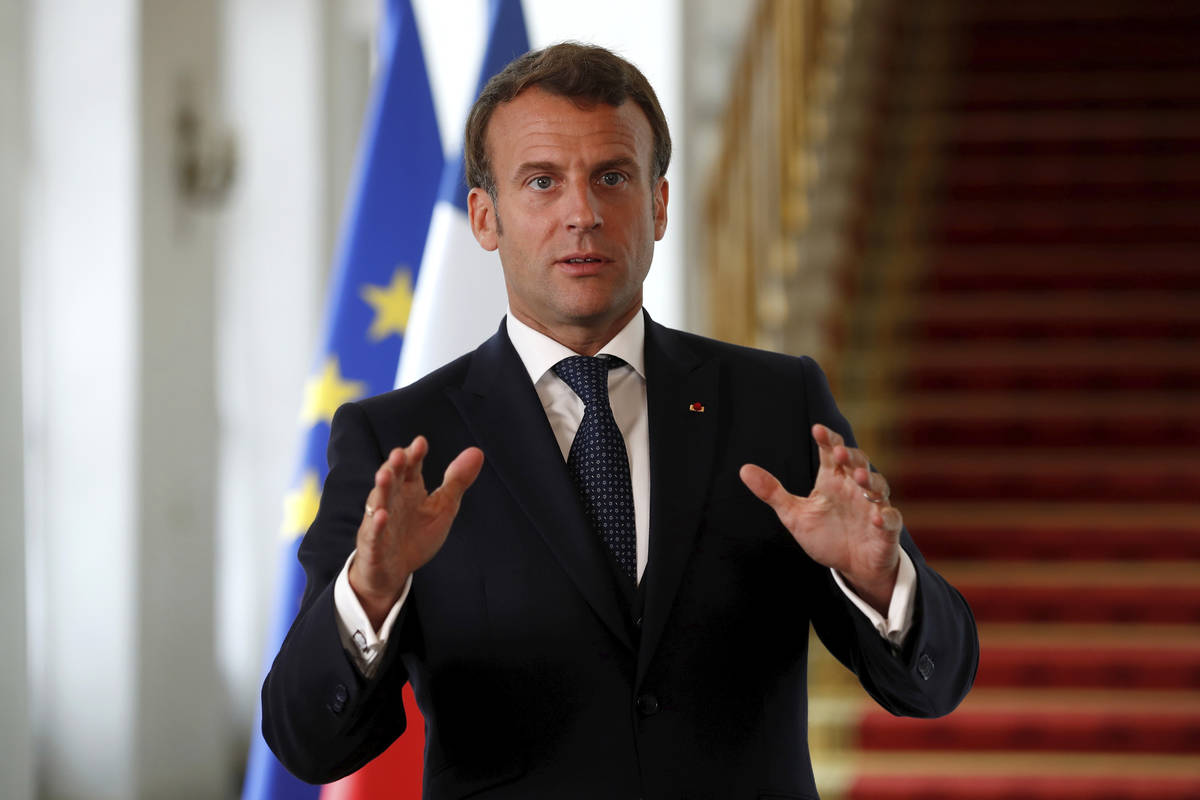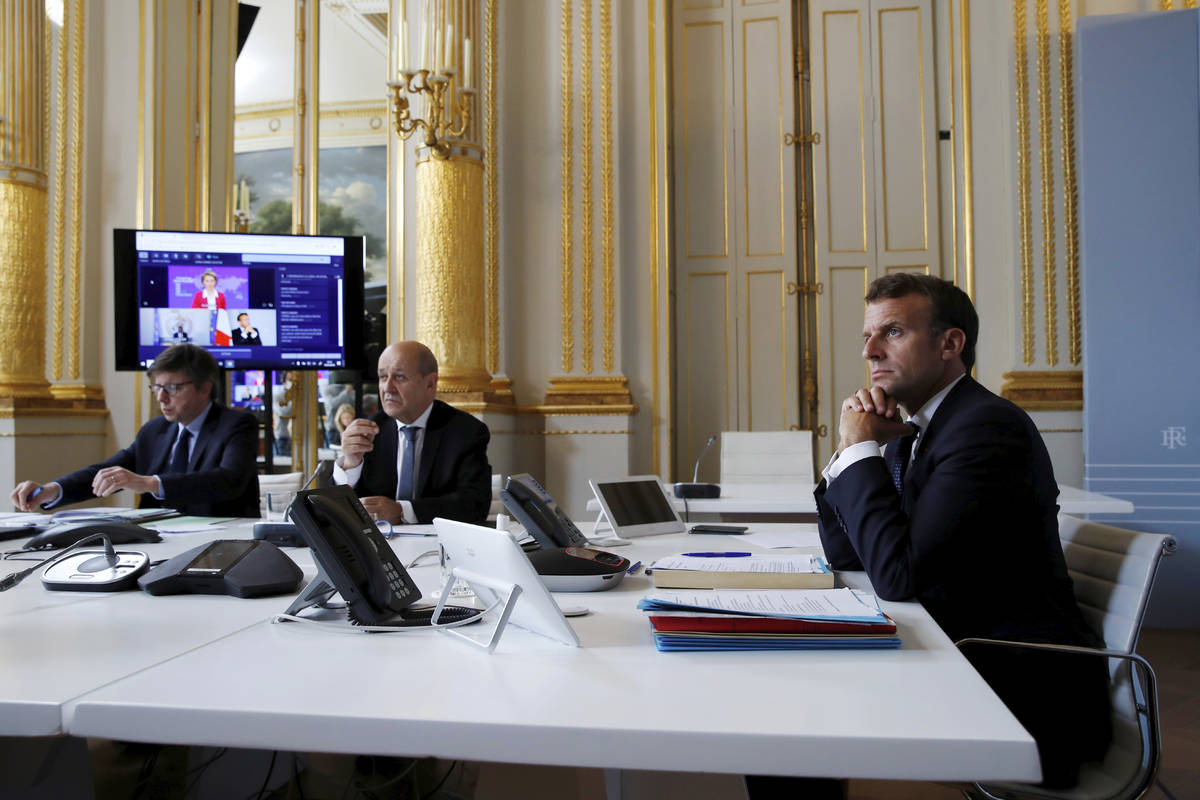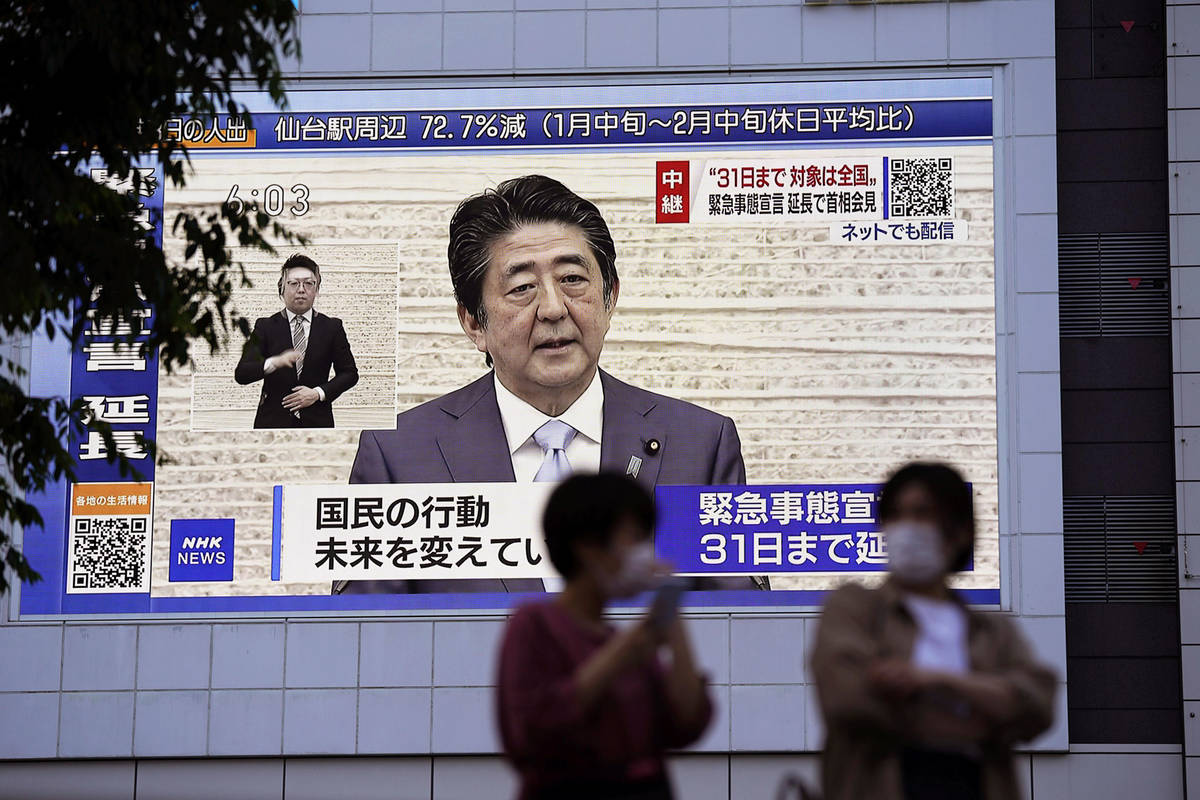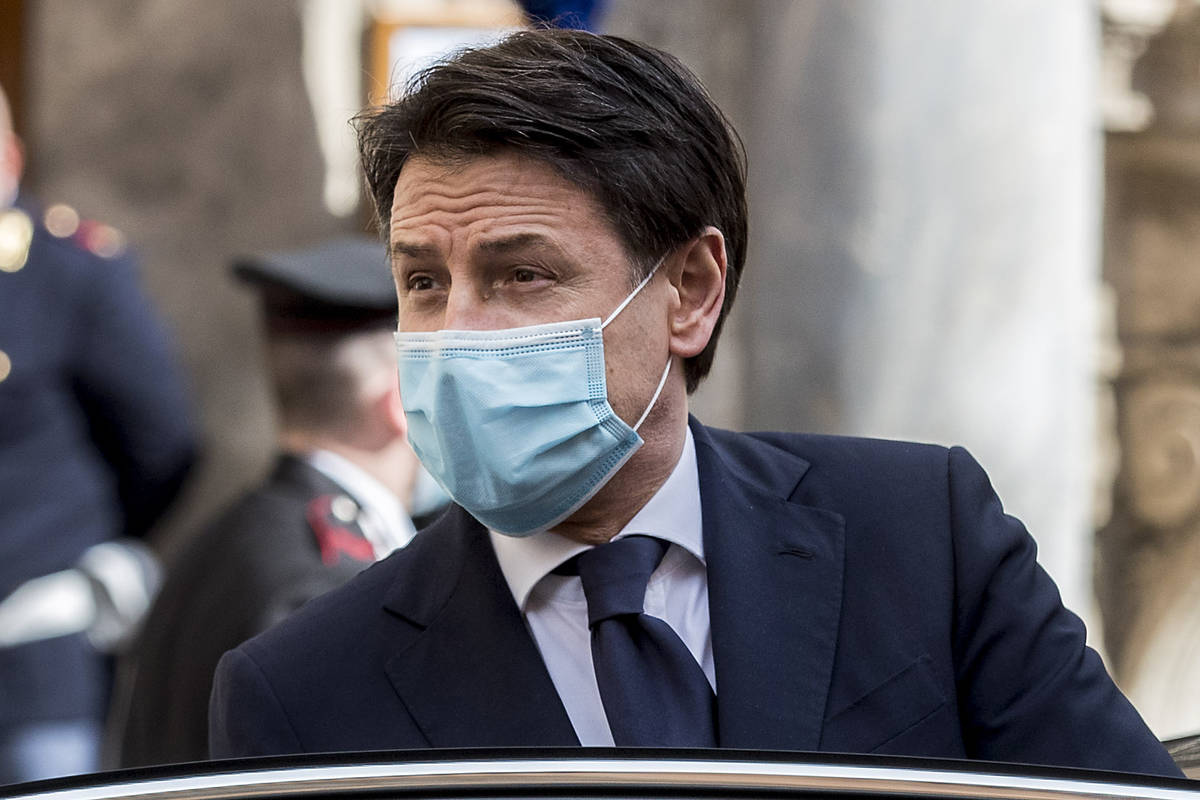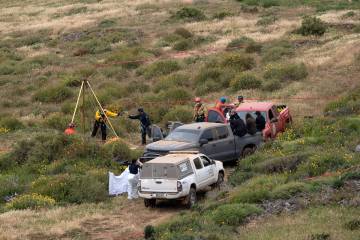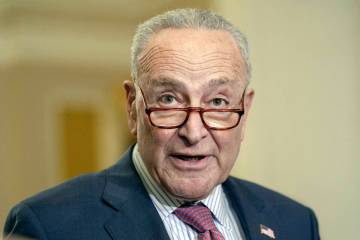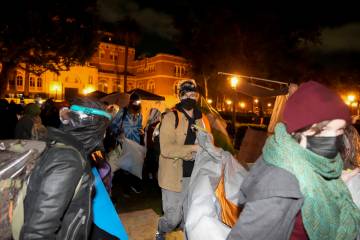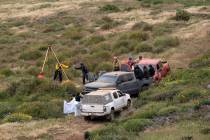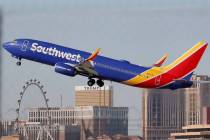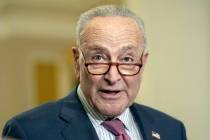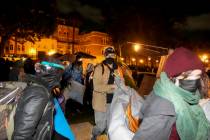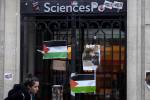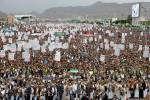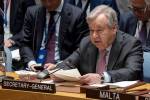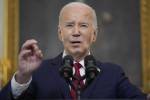With 247K dead, world leaders pledge billions for vaccine research
BRUSSELS — World leaders on Monday pledged billions of euros for research to find a vaccine against the new coronavirus, but warned that it is just the start of an effort that must be sustained over time to beat the disease.
At a video-conference summit, U.N. Secretary General Antonio Guterres said that the 7.5 billion euros ($8.2 billion) target being sought to help find a vaccine, new treatments and better tests for the disease would be merely a “down-payment” on the tools that will be needed to fight the virus.
“To reach everyone, everywhere, we likely need five times that amount,” Guterres said.
Two hours into the EU-hosted summit, just over 5.4 billion euros had been pledged, according to a European Commission tally.
Governments have reported around 3.5 million infections and more than 247,000 deaths from the virus, according to a count by Johns Hopkins University. But deliberately concealed outbreaks, low testing rates and the strain on health care systems mean the true scale of the pandemic is much greater.
People in many countries across the globe, and notably in Europe this week, are cautiously returning to work but authorities remain wary of a second wave of infections, and a vaccine is the only real golden bullet to allow something like normal life to resume.
“The reality is that we will have to learn to live with the virus until and unless we develop a vaccine,” said European Commission President Ursula von der Leyen, as she announced a pledge of 1 billion euros from the EU’s executive arm.
“More will be needed. So today is only the start of a global pledging marathon,” von der Leyen said.
President Emmanuel Macron also warned that “a race against time is underway,” as he donated 500 million euros on behalf of France.
Apart from many European leaders, heads of state and government from Australia, Canada, Israel, Japan, Jordan, South Africa and Turkey were also due to speak, along with China’s EU ambassador. The United States, where more than 67,000 people have died, was a notable absentee, as was Russia.
Objectives detailed
The video-conference’s aim is to gather around 4 billion euros ($4.37 billion) for vaccine research, some 2 billion euros for treatments and 1.5 billion ($1.64 billion) for testing.
British Prime Minister Boris Johnson said that “the race to discover the vaccine to defeat this virus is not a competition between countries, but the most urgent shared endeavor of our lifetimes.”
Among the larger contributions, Japan pledged more than $800 million while Germany offered 525 million euros. Italy and Spain, perhaps the hardest hit by the virus in Europe, each said they would provide more than 100 million euros. The Netherlands and Israel also pledged 192 million euros and 60 million dollars respectively.
About 100 research groups are pursuing vaccines, with nearly a dozen in early stages of human trials or poised to start. But so far there’s no way to predict which — if any — vaccine will work safely, or even to name a front-runner.
12-18 months would be record speed
Dr. Anthony Fauci, the U.S. government’s top expert, has cautioned that even if everything goes perfectly, developing a vaccine in 12 to 18 months would set a record for speed.
Even if a first useful vaccine is identified, there won’t be enough for everyone initially. A growing number of vaccine makers say they’re already starting to brew tons of doses — wasting millions of dollars if they bet on the wrong candidate but shaving a few months off mass vaccinations if their choice pans out.
EU officials say that pledges made toward vaccine research since Jan. 30, not just on Monday, will also be counted as donations toward the 7.5 billion euro target of the conference.
Italy lets millions back to work
Millions of people were allowed to return to work in Italy Monday as Europe’s longest lockdown started to ease, while countries from Iceland to India took a patchwork of steps to loosen coronavirus restrictions. Businesses, including hairdressers in Greece and restaurants in Lebanon, were opening their doors under new conditions.
With pressure growing in many countries for more measures to restart the economy, politicians also were trying to boost funding for research into a vaccine for COVID-19. There are hopes that one could be available in months, but warnings that it could take much longer.
Italy, the first European country hit by the pandemic and a nation with one of the world’s highest death tolls, started stirring after its two-month shutdown. In all, 4.4 million Italians were able to return to work, and restrictions on movement eased.
Traffic in downtown Rome picked up, construction sites and manufacturing operations resumed, parks reopened and flower vendors returned to the Campo dei Fiori market for the first time since March 11.
“It’s something that brings happiness and joy, and people have been missing that these days,” vendor Stefano Fulvi said. He doesn’t expect to break even anytime soon, “but you have to take the risk at some point.”
But Europeans’ new-found freedoms are limited as officials are wary of setting off a second wave of infections.
In Italy, mourners were able to attend funerals, but services were limited to 15 people and there was still no word on when Masses will resume. Restaurants scrubbed their floors in preparation for take-out service, but sit-down service was several weeks away.



